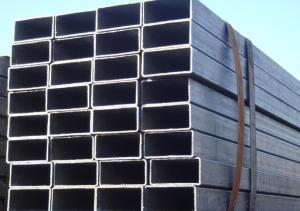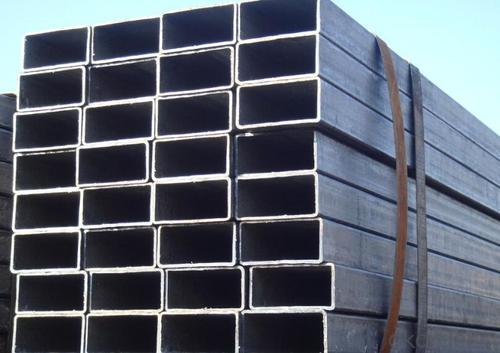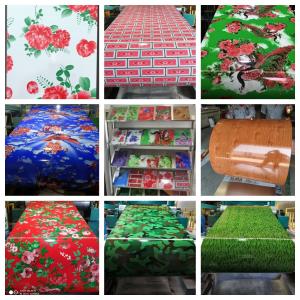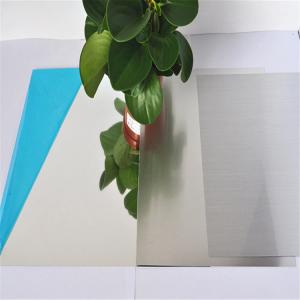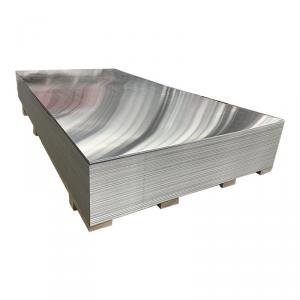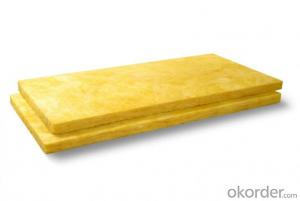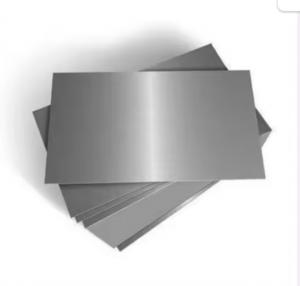Rectangular Hot Rolled Carbon Steel Tube 2 - Steel Pipes Sydney
- Loading Port:
- China main port
- Payment Terms:
- TT or LC
- Min Order Qty:
- 100 m.t.
- Supply Capability:
- 10000 m.t./month
OKorder Service Pledge
OKorder Financial Service
You Might Also Like
1.Quick Details
Thickness: | 1.0 - 35 mm | Section Shape: | Square | Outer Diameter: | 20*20-600*600 |
Place of Origin: | Shandong China (Mainland) | Secondary Or Not: | Non-secondary | Application: | Structure Pipe |
Technique: | Cold Rolled | Certification: | CE | Surface Treatment: | oil,paint |
Special Pipe: | Thick Wall Pipe | Alloy Or Not: | Non-alloy | Name: | Square Hollow Steel Pipe/Tube |
Shape: | Square/Rectangular | Yield Strength: | 360-380Mpa | Tensile Strength: | 560-580Mpa |
Elongation: | 24-28% | Bend Test: | Qualified | Impact Value: | V-notch |
Grade: | 20#,45#,16Mn,A210,St45,Q235,Q345,Q195,Q215,10#-45#,A53-A369,ST35-ST52,Q195-Q345 | Standard: | JIS G3465-2006,JIS G3466,GB/T 3094 |
2.Specifications
1. OD:15X15-800X800MM,20X30--600X800MM
2. Thick.:1.0--35.0MM
3.FAQ of Rectangular Steel Tube
①How is the quality of your products?
Guaranteed: If products’ quality don’t accord to discription as we give or the promise before you place order, we promise 100% refund.
②How about price?
We quote as lowest as possible for any customer, and discount can be given according to quantity”,if you like bargain and factory price is not low enough as you think, just don’t waste your time.Please trust the quotation we would give you, it is professional one.
③Why should you chose us?
Chose happens because of quality, then price, We can give you both.Additionally, we can also offer professional products inquiry, products knowledge train(for agents), smooth goods delivery, exellent customer solution proposals.SGS test is available, customer inspection before shipping is welcome, third party inspection is no problem.
If you have any question, pls feel free to contact us !
4.Rectangular Hot Rolled Steel Tube Image
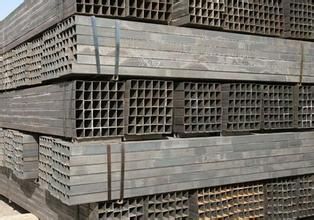
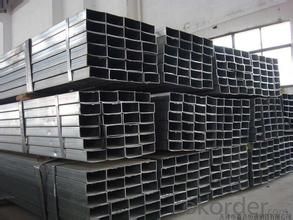
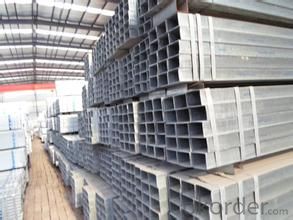
- Q:How can the immersed pipe pile put steel cage into the steel pipe? Which expert to answer?
- The pile reinforcement cage construction characteristics: in general application of the reinforcement cage can be used when not required manual assembling reinforcement cage, such as deep or large pile diameter should be used for solid and solid mechanism of reinforcement cage better (by reinforcing cage seam welder production) to meet Zhuang Jishi high technology requirements, enhance the stability of pile foundation.
- Q:Water, gas, steel pipes, thick steel wire means?
- Thick steel wire pipe is the same wire pipe, but the wire pipe is thin tube, easy to damage, so with thick as the outer diameter can protect the wire tube, so called thick steel wire pipe.
- Q:What's the gate number of the precision steel pipe?
- This kind of steel tube and ordinary hot-rolled seamless steel pipe and cold drawn seamless steel tube in the outer surface is different from the outer surface, and the diameter of the smooth finish of precision steel tube, stainless steel color and the same, inside and outside surface due to manufacturing reasons with a layer of oil.
- Q:How do steel pipes compare to other materials like PVC or copper?
- Steel pipes are known for their exceptional strength and durability, making them suitable for various applications. Compared to materials like PVC or copper, steel pipes offer higher resistance to corrosion, fire, and extreme temperatures. They also have a longer lifespan and can withstand high pressure and heavy loads. However, steel pipes are generally more expensive and require regular maintenance to prevent rusting. PVC pipes, on the other hand, are more affordable, lightweight, and easy to install, but they are less durable and have lower temperature resistance. Copper pipes are known for their excellent heat conductivity and resistance to corrosion, but they are more expensive and can be prone to theft. Ultimately, the choice between steel, PVC, or copper pipes depends on the specific requirements of the project and the budget.
- Q:What's the difference between steel pipe and pipe fittings?
- Pipe classification: steel pipe seamless steel pipe and welded steel pipe (tube) two categories. It can be divided into round tube and special-shaped tube according to the sectional shape. The round steel tube is widely used, but there are some special-shaped steel tubes such as square, rectangle, semicircle, hexagon, equilateral triangle and octagon.
- Q:How do steel pipes handle high-pressure applications?
- Steel pipes are able to handle high-pressure applications due to their inherent strength and durability. The material properties of steel, such as its high tensile strength and resistance to deformation, allow it to withstand the intense pressure exerted on the pipes. Additionally, steel pipes can be manufactured with thick walls and seamless construction, further enhancing their ability to handle high-pressure environments. Overall, the robust nature of steel pipes makes them a reliable choice for various industrial applications requiring high-pressure resistance.
- Q:Can steel pipes be used for underground telecommunications networks?
- Yes, steel pipes can be used for underground telecommunications networks. Steel pipes are commonly used in underground applications due to their strength, durability, and resistance to corrosion. They provide protection and support for the telecommunication cables and can withstand the external pressure and load that occur underground. Additionally, steel pipes can be coated with protective materials to further enhance their resistance to corrosion and extend their lifespan. Overall, steel pipes are a reliable choice for underground telecommunications networks.
- Q:What is the difference between hot-rolled and cold-rolled steel pipes?
- Hot-rolled steel pipes are manufactured by heating the steel billets or coils to a high temperature, which allows for easier shaping and forming. The hot-rolled process also results in a rougher surface finish and larger tolerances. In contrast, cold-rolled steel pipes are made by rolling the steel at a lower temperature, resulting in a smoother surface finish, tighter tolerances, and improved strength and durability.
- Q:What are the common methods for joining steel pipes?
- The common methods for joining steel pipes include welding, threading, and using mechanical connectors such as couplings or flanges.
- Q:How are steel pipes used in high-rise buildings?
- Steel pipes are used in high-rise buildings for various purposes, including structural support, water supply, and sewage disposal. They are commonly used as columns and beams to provide strength and stability to the building's framework. Additionally, steel pipes are utilized for plumbing systems, carrying water from the ground floor to the upper levels, as well as facilitating the disposal of wastewater. Overall, steel pipes play a crucial role in ensuring the safety and functionality of high-rise buildings.
1. Manufacturer Overview |
|
|---|---|
| Location | |
| Year Established | |
| Annual Output Value | |
| Main Markets | |
| Company Certifications | |
2. Manufacturer Certificates |
|
|---|---|
| a) Certification Name | |
| Range | |
| Reference | |
| Validity Period | |
3. Manufacturer Capability |
|
|---|---|
| a)Trade Capacity | |
| Nearest Port | |
| Export Percentage | |
| No.of Employees in Trade Department | |
| Language Spoken: | |
| b)Factory Information | |
| Factory Size: | |
| No. of Production Lines | |
| Contract Manufacturing | |
| Product Price Range | |
Send your message to us
Rectangular Hot Rolled Carbon Steel Tube 2 - Steel Pipes Sydney
- Loading Port:
- China main port
- Payment Terms:
- TT or LC
- Min Order Qty:
- 100 m.t.
- Supply Capability:
- 10000 m.t./month
OKorder Service Pledge
OKorder Financial Service
Similar products
New products
Hot products
Hot Searches
Related keywords
